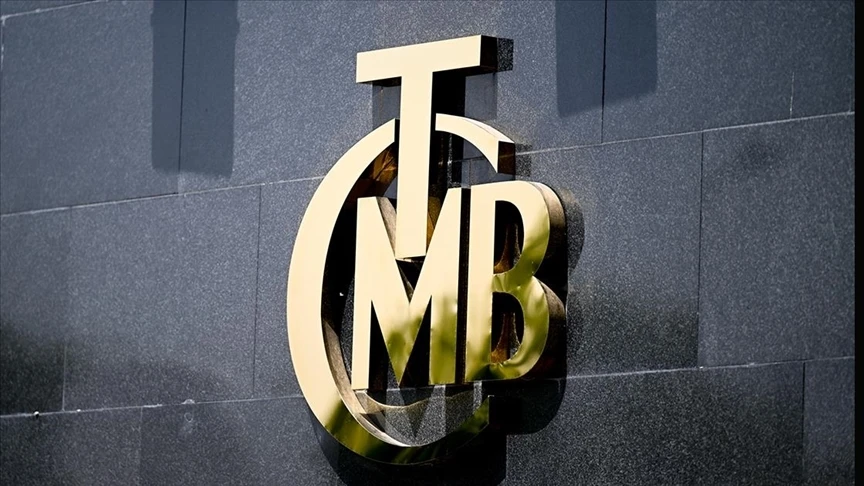Chinese energy firms lead in winning bids for Iraqi oil and gas fields

China emerges as the top bidder in Iraq’s oil and gas field licensing rounds, with seven Chinese companies securing bids for eight oil fields and two regions with potential deposits
In a significant development marking a deeper economic collaboration between China and Iraq, Chinese energy firms emerged as the frontrunners in the recent Iraqi oil and gas field licensing rounds, Iraq’s oil ministry announced Monday.
Eight oil fields and two regions with prospective oil and gas deposits made up the total of ten projects for which seven Chinese companies—including big players like Sinopec, UEG, CNOOC Iraq, and Anton Oilfield—secured bids, according to the ministry. With their performance, Chinese companies are now ahead of other foreign rivals in Iraq’s energy market.
However, Iraq’s KAR won three fields in the licensing rounds, highlighting the wide range of foreign interests in the energy resources of the area.
Presenting 29 oil and gas fields spread over 12 provinces, the three-day licensing rounds ended on Monday. Notably, a major milestone was also up for grabs, an offshore bloc inside Iraqi territorial waters, but it drew no offers.
China is becoming a major participant in the restoration efforts of the war-torn country, and its increasing presence in Iraq’s energy scene is a part of a larger trend. Beyond energy, their involvement includes infrastructure development, as seen by its involvement in Iraq’s 2019 “oil for construction” program. Under this deal, Iraqi infrastructure projects receive cash from the 100,000 barrels of oil sent to China each day.
With huge oil reserves that the World Bank estimates to be 145 billion barrels, Iraq is nevertheless dedicated to more exploration. This goal was expressed by Oil Minister Hayan Abdel Ghani on Saturday at the opening of the licensing rounds, when he declared that the country intended to increase its oil reserves to more than 160 billion barrels.
In addition, it is expected that the licensing of new blocs will spur natural gas production in Iraq, a calculated step meant to reduce dependence on imports from Iran, a vital source of electricity for Iraq.
Source: AFP



